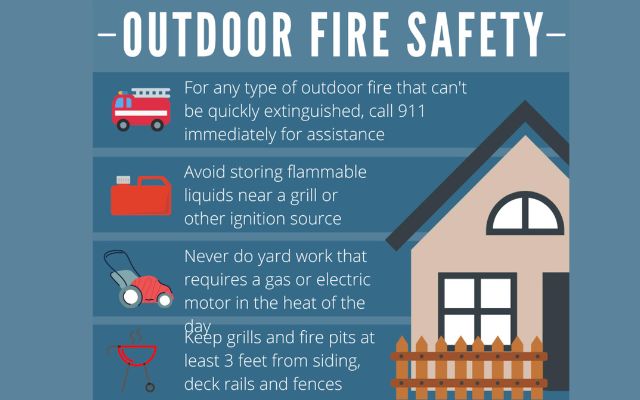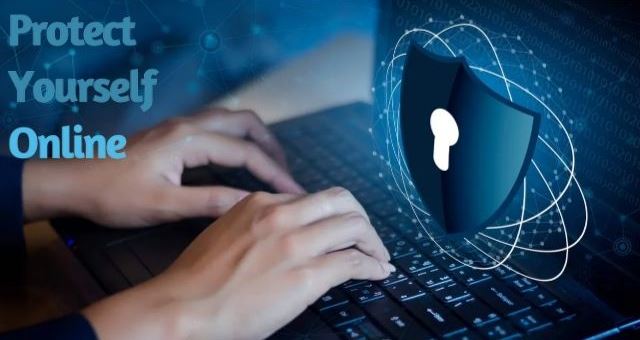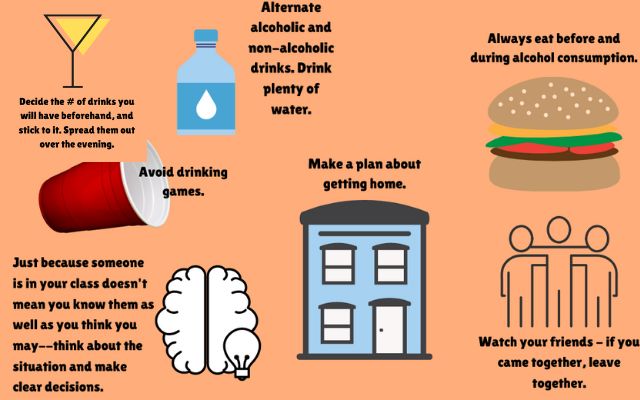Taking care of your safety in many aspects of life is essential. For example, students are often told to stay safe when partying or going out at night. But those are not the only times one might need to be careful. Other aspects include fire hazards, online protection, and residence security.
Overall, it is all about taking care of yourself and the people around you in all ways possible. In the same way, you’d have all the study resources by your side when you need assistance. For instance, scientific databases, helpful resources, or academic paper help by WritePaper are among college essentials. They are instrumental if you quickly struggle with an assignment or need qualified advice.
Professional academic writers give tips and tricks on how to nail any type of paper. And they also assist with all kinds of college papers in writing, editing, and proofreading. It is a great idea to have the platform bookmarked for situations when you are confused or do not have time to do everything on your own.
It is a preventive measure that might save you time and reduce stress. The same goes for other safety measures. The best protection is to be proactive and prevent or decrease risks. And if something happens, one needs to know how to act. In this article, you can find the ultimate list of safety tips for different aspects of college life.
Student Fundamentals
Quick Navigation
First of all, it is essential to cover all the basics everyone should know about. These actions will be helpful in many cases. These include:
- Familiarize yourself with the campus layout and territory. Know where the emergency exits are in the places you live or study. Take time to look at the emergency exit plans and remember them.
- Learn the best routes between your accommodation and campus. Some of them might be okay in daylight but quite sketchy at night. Try to stay away from those in the evenings.
- Know where the emergency buttons or phones are. Also, learn how to call the campus security and/or police.
- Share your schedule and usual routine with close friends and family members. Exchange important numbers. For instance, give your family the phone number of your friend that often knows where you are and vice versa. This will help to create a support network.
- At night, stick to the well-lit areas and roads. Take the routes where there are more people. Learn the public transportation schedule and know when the last bus or train leaves. Have an opportunity to call a taxi if needed.
- Do not carry a lot of cash with you. If you need to use an ATM, choose the one that is inside a bank or a building.
These basic measures will help to avoid possibly dangerous situations. Make sure you’re carrying a portable closer for bachelors or students at your place, whenever you shift. Trust your intuition – if something feels wrong, it might just be that. And if you need to go somewhere new, take someone with you. It is always better to stay in a group of people you trust. Moreover, These can help you Increase your Security in Your Student Household On A Budget
Travel Tips
Whether you are going hitchhiking with college mates or plan on exploring a new area during a summer break, it is also important to take some protective actions. Usually, the exact things one needs to do depend on the specific purpose of the trip. But there are some pretty common things to do, such as:
- Take portable chargers with you, and make sure you have an internet or cell connection at all times.
- Learn as much as possible about where you are going and where you can ask for help there, just in case.
- Have digital copies of your documents in case you lose the actual ones.
- Pack the essentials like prescribed medication, plasters, first-aid kit, sunscreen, etc.
- Tell your family and/or close friends where you are going, where you are planning to stay, and what routes you take.
- Do not take valuable things you do not need with you.
- Dress according to the trip and choose comfortable clothes and shoes.
- Make sure you get a portable door lock that is best for travellers.
Fire Safety Tips

Fire hazards can occur and spread rapidly. However, the actions you take might save your life. So even if you will never need those, it is still crucial to know exactly what to do in case of fire.
- Know the escape routes from your accommodation place and practice them. Make sure they are open and always available.
- Do not let open fire unattended; it includes cooking, smoking, lighting candles, etc. Do not place fire against flammable materials. For instance, if you want to light some candles, make sure they are away from curtains or other fabrics. Put them down before going to sleep or leaving the room.
- Always check the batteries in your smoke detectors. Yes, the sound might be annoying, but it saves lives. Once a month, test the detector and replace batteries if needed.
- Find out where the fire extinguishers are and how to use them.
Make sure you have the best self-defense products for students available in the market.
Online Protection

With an increasing rate of digital presence, students also need to stay safe online. Whether you read books on self-development, scroll through social media, or watch YouTube videos, remember to take some precautions. The main threats are identity theft, financial scams, sketchy people, and, of course, viruses and malware.
Here is what you can do to be more protected:
- Do not go to fishy websites, especially if they do not have an “https” security protocol. Especially, do not fill in any personal information there.
- Shop only on trusted resources where your payment data is safe.
- Do not open any links in email from people you do not know. Do not download anything from there either. This is one of the most common ways to get malware on your laptop.
- Use VPN service when browsing from unprotected networks like public Wi-Fi. You can use it at all times even; it will protect your data.
- Regularly update the software on your devices.
- Install antivirus software on your computer.
- Do not forget to log out if you use your accounts on another person’s device.
Party Safety

When you go out, make sure to take care of yourself and your friends so you have a stress-free and enjoyable experience. Here are the general rules:
- Go with a friend or a group to new places. Look out for each other and make sure you all get home safely.
- Always plan how you are going to get home after. If you need to take a taxi, ensure you have money for that.
- Do not leave your drinks unattended. And never accept any drink from people you do not know and do not trust.
- Drink responsibly. If you feel unwell, ask your friends to take you home.
- If you are going on a first date with a person you’ve met online, choose the public space. And let someone know where you are heading and who you are meeting with.
- Do not drive when drunk, and do not let others do so.
Remember that alcohol seriously affects the ability to make reasonable judgments. People under the influence tend to do a lot of stupid or dangerous things. If you do not feel safe, drinking something non-alcoholic is always an option. always have a storage facility like a decent medical box to store all the medicines and first aid necessities.
In Summary
Students live a hectic and dynamic life full of new people, places, and events. Sometimes it is easy to get swept away with all of that and forget about precautions. But one needs to take their safety seriously and take all the measures that can eliminate or decrease dangers.







Leave a Reply